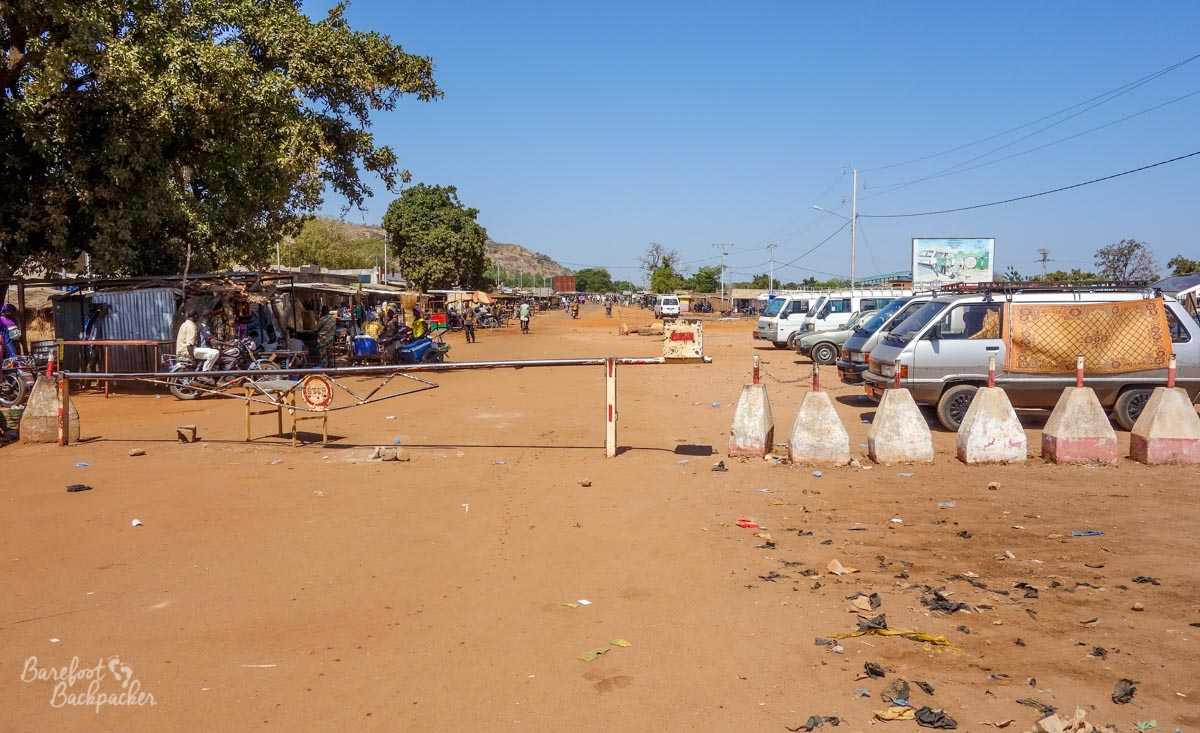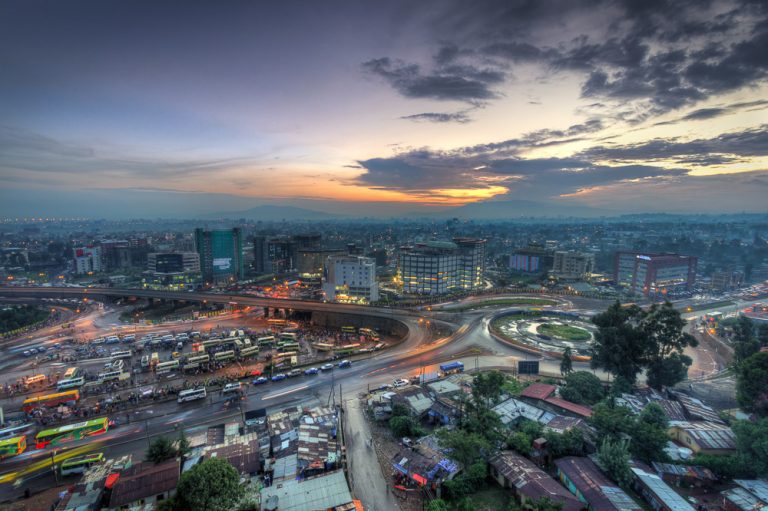Traveling across Africa by land is one of the most adventurous ways to explore the continent. For Nigerians, land travel allows them to experience Africa’s cultural diversity, save money on expensive flights, and connect more directly with neighboring countries. However, crossing land borders can be challenging due to immigration rules, security concerns, corruption, and poor infrastructure.
This guide offers everything Nigerians need to know about crossing land borders safely. It covers preparing documents, dealing with border officials, managing money, choosing the safest routes, and practical tips to make the journey smoother.
Why Nigerians Travel by Land Across Africa
- Cost Savings: Flights within Africa can be very expensive. Traveling by bus or car is usually cheaper.
- Cultural Experience: Road trips allow travelers to see towns, villages, and landscapes that are often missed when flying.
- Trade & Business: Many Nigerian traders cross land borders to conduct business in Ghana, Benin, Togo, and beyond.
- ECOWAS Free Movement: Nigerians can travel without a visa within West Africa, which makes land trips easier.
- Adventure: For young travelers and backpackers, road trips offer excitement and discovery.
Essential Documents for Nigerian Travelers
Before heading to a land border, Nigerians need to prepare:
- International Passport: Must be valid for at least 6 months.
- ECOWAS Travel Certificate: Serves as an alternative to a passport within West Africa.
- Yellow Fever Vaccination Card: Necessary at many borders; without it, entry might be denied or fines can occur.
- Visa (if needed): Outside of West Africa, Nigerians often require visas (e.g., for Kenya, South Africa). Always secure the visa before traveling.
- Travel Insurance: Not mandatory but highly recommended for medical emergencies.
- Vehicle Papers (if driving): Include an international driving permit, vehicle insurance, and proof of ownership.
Common African Land Borders for Nigerians
1. Nigeria → Benin Republic (Seme or Idiroko Border)
- This is the busiest border for Nigerian travelers.
- Used for trips to Cotonou, Porto-Novo, and to access Togo and Ghana.
2. Nigeria → Togo (Hillacondji Border)
- Accessible after crossing into Benin.
- Popular among traders and travelers heading to Lomé.
3. Nigeria → Ghana (Aflao Border)
- A common destination for Nigerian students and businesspeople.
- Entry is visa-free for Nigerians under ECOWAS.
4. Nigeria → Niger Republic (Kano/Jibia Borders)
- Northern trade routes connect Nigerians with Niger.
- Frequently used by traders and long-distance travelers to North Africa.
5. Nigeria → Cameroon (Ekok Border, Cross River State)
- Gateway for Nigerians traveling to Central Africa.
- Roads can be rough, and durable vehicles are recommended.
Safety Concerns for Nigerian Travelers
While border crossings are manageable, safety should be a top priority. Challenges include:
- Corruption: Some border officials may demand bribes.
- Theft/Scams: Pickpockets often target bus stations and crowded borders.
- Fake Immigration Officers: Some impersonate officials to extort money.
- Poor Road Conditions: This is particularly problematic during rainy seasons.
- Security Risks: Certain borders, especially in conflict areas, may experience banditry or unrest.
To stay safe:
- Travel during the day.
- Choose reputable bus companies instead of random local buses.
- Keep valuables hidden.
- Stay calm and polite when interacting with officials.
- Avoid isolated borders, opt for popular, official crossings.
How to Handle Immigration Officers
Interactions with border officials can be stressful, but knowing what to expect helps:
- Be Respectful: Greet officials politely.
- Have Documents Ready: Present your passport, vaccination card, and visa if needed.
- Avoid Arguments: If asked unnecessary questions, respond calmly without confrontation.
- Don’t Pay Bribes: While some officers may mention “extra charges,” always insist on official receipts. If you must pay, keep amounts small.
- Check Your Stamp: Make sure your passport is stamped correctly to avoid issues when exiting.
Transportation Options for Crossing Borders
1. Luxury Buses
- Companies like ABC Transport, GUO Transport, Chisco, and God is Good (GIGM) run international routes.
- Routes include Lagos → Accra, Lagos → Lomé, Lagos → Cotonou, etc.
- These services are generally safer than smaller local buses.
Buses provide air conditioning and often include immigration assistance.
2. Shared Taxis
- Popular at borders like Seme.
- These are cheaper but offer less safety and comfort.
3. Private Car Hire
- More costly but faster.
- Best for business travelers or groups.
4. Driving Your Own Vehicle
- This requires an international driving permit, insurance (ECOWAS Brown Card), and complete vehicle documentation.
- This option is convenient for long-distance traders.
Example: Lagos to Accra by Road
5. One of the most popular land routes for Nigerians
- Route: Lagos → Cotonou (Benin) → Lomé (Togo) → Accra (Ghana).
- Duration: 9 to 12 hours (without delays).
- Cost: ₦80,000 to ₦100,000 (luxury bus).
- Documents Needed: Passport or ECOWAS certificate, Yellow Fever card.
Tips: Avoid night travel, and book with ABC or GUO for smoother clearance.
Health & Vaccination Requirements
African borders often require proof of vaccination:
- Yellow Fever (mandatory).
- Meningitis (recommended in Sahel regions).
- COVID-19 (requirements vary by country; sometimes a vaccination card is needed).
Always carry your yellow vaccination card, as officials may impose fines on travelers who do not have it.
Money Matters at Borders
- Carry small denominations of naira, CFA (West Africa), or dollars for emergencies.
- Avoid changing money at borders, exchange rates are often unfavorable.
- Use ATMs in major cities instead of relying on currency traders at the border.
Packing Tips for Nigerians Crossing Land Borders
- Travel Light: The more luggage you carry, the more attention you attract.
- Secure Bags: Use padlocks and keep valuables close.
- Photocopy Documents: Keep copies separate from the originals.
- Snacks & Water: Border crossings can take hours.
Dealing with Language Barriers
West Africa is multilingual:
- Benin & Togo → French.
- Ghana → English.
- Niger → French & Hausa.
- Cameroon → French & English.
Tips:
- Learn basic French greetings if traveling outside Ghana.
- Use translation apps like Google Translate offline.
- Hire interpreters for complex trips.
Travel Insurance for Land Border Trips
Even short trips can go wrong. Travel insurance can cover:
- Emergency medical treatment.
- Theft or loss of belongings.
- Evacuation in case of accidents or unrest.
Providers like AXA Mansard, Leadway, and Allianz offer affordable plans for Nigerians.
Key Tips for Safe Crossings
- Leave early and aim to arrive before sunset.
- Stay calm and avoid showing frustration, even during long checks.
- Travel with groups whenever possible.
- Use official, busy border posts.
- Always double-check your entry and exit stamps.
Crossing African land borders as a Nigerian can be both exciting and intimidating. With the right documents, preparation, and safety measures, the journey can become a rewarding adventure. From the busy Seme border into Benin to the rugged roads into Cameroon, land travel offers Nigerians a deeper connection to Africa than air travel ever could.
If your goal is to explore Africa cheaply, experience cultures up close, or engage in trade, then road trips and border crossings are essential. Just remember: documents first, safety always, and patience everywhere.
By following the strategies outlined in this guide, Nigerians can cross African land borders safely and confidently, turning challenges into memorable adventures.





Leave a Comment